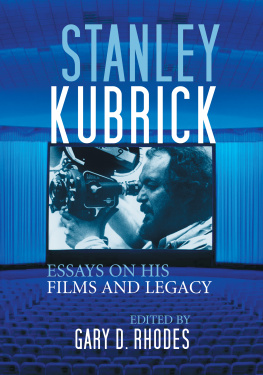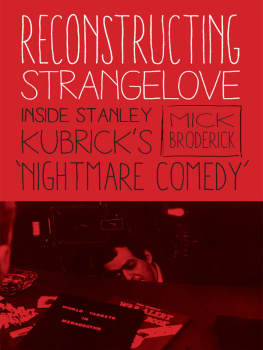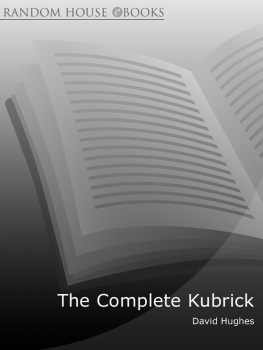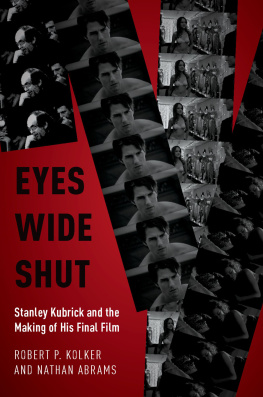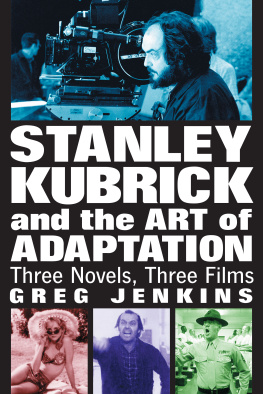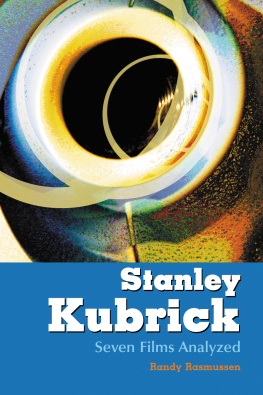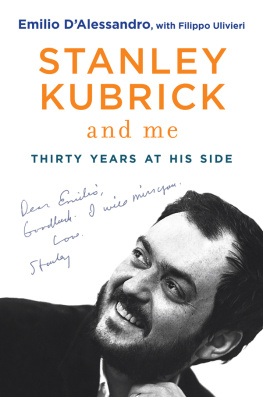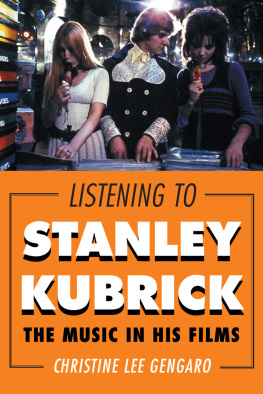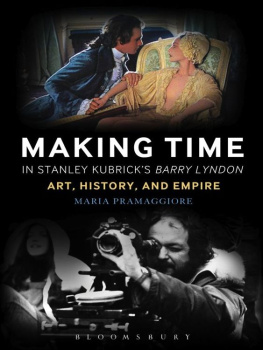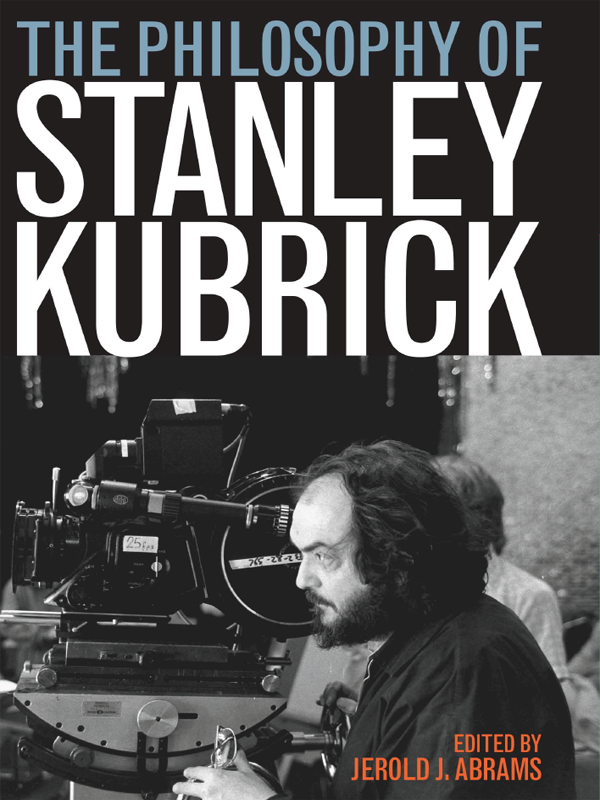T HE P HILOSOPHY OF P OPULAR C ULTURE
The books published in the Philosophy of Popular Culture series will illuminate and explore philosophical themes and ideas that occur in popular culture. The goal of this series is to demonstrate how philosophical inquiry has been reinvigorated by increased scholarly interest in the intersection of popular culture and philosophy, as well as to explore through philosophical analysis beloved modes of entertainment, such as movies, TV shows, and music. Philosophical concepts will be made accessible to the general reader through examples in popular culture. This series seeks to publish both established and emerging scholars who will engage a major area of popular culture for philosophical interpretation and examine the philosophical underpinnings of its themes. Eschewing ephemeral trends of philosophical and cultural theory, authors will establish and elaborate on connections between traditional philosophical ideas from important thinkers and the ever-expanding world of popular culture.
Series Editor
Mark T. Conard, Marymount Manhattan College, NY
Books in the Series
The Philosophy of Stanley Kubrick, edited by Jerold J. Abrams
The Philosophy of Martin Scorsese, edited by Mark T. Conard
The Philosophy of Neo-Noir, edited by Mark T. Conard
Basketball and Philosophy, edited by Jerry L. Walls and Gregory Bassham
THE PHILOSOPHY OF
STANLEY
KUBRICK
Edited by Jerold J. Abrams

Publication of this volume was made possible in part by a grant from the National Endowment for the Humanities.
Copyright 2007 by The University Press of Kentucky
Scholarly publisher for the Commonwealth, serving Bellarmine University, Berea College, Centre College of Kentucky, Eastern Kentucky University, The Filson Historical Society, Georgetown College, Kentucky Historical Society, Kentucky State University, Morehead State University, Murray State University, Northern Kentucky University, Transylvania University, University of Kentucky, University of Louisville, and Western Kentucky University.
All rights reserved.
Editorial and Sales Offices: The University Press of Kentucky
663 South Limestone Street, Lexington, Kentucky 40508-4008
www.kentuckypress.com
11 10 09 08 07 5 4 3 2 1
Library of Congress Cataloging-in-Publication Data
The philosophy of Stanley Kubrick / edited by Jerold J. Abrams.
p. cm. (The philosophy of popular culture)
Includes bibliographical references and index.
ISBN 978-0-8131-2445-2 (hardcover : alk. paper)
1. Kubrick, StanleyCriticism and interpretation. I. Abrams, Jerold J., 1971
PN1998.3.K83P55 2007
791.4302'33092dc22 2007003153
This book is printed on acid-free recycled paper meeting the requirements of the American National Standard for Permanence in Paper for Printed Library Materials.

Manufactured in the United States of America.

Man stands face to face with the irrational. He feels within him his longing for happiness and for reason. The absurd is born of this confrontation between the human need and the unreasonable silence of the world.
Albert Camus,
The Myth of Sisyphus and Other Essays
Contents
Understanding the Enemy: The Dialogue of Fear in Fear and Desire and Dr. Strangelove
Elizabeth F. Cooke
Chaos, Order, and Morality: Nietzsches Influence on Full Metal Jacket
Mark T. Conard
Existential Ethics: Where the Paths of Glory Lead
Jason Holt
Where the Rainbow Ends: Eyes Wide Shut
Karen D. Hoffman
Knockout! Killers Kiss, the Somatic, and Kubrick
Kevin S. Decker
The Logic of Lolita: Kubrick, Nabokov, and Poe
Jerold J. Abrams
Rebel without a Cause: Stanley Kubrick and the Banality of the Good
Patrick Murray and Jeanne Schuler
The Big Score: Fate, Morality, and Meaningful Life in The Killing
Steven M. Sanders
Spartacus and the Second Part of the Soul
Gordon Braden
The Shape of Man: The Absurd and Barry Lyndon
Chris P. Pliatska
The Shining and Anti-Nostalgia: Postmodern Notions of History
R. Barton Palmer
Nihilism and Freedom in the Films of Stanley Kubrick
Daniel Shaw
Please Make Me a Real Boy: The Prayer of the Artificially Intelligent
Jason T. Eberl
Nietzsches Overman as Posthuman Star Child in 2001: A Space Odyssey
Jerold J. Abrams
Acknowledgments
First, I would like to thank all the contributors for their hard work and excellent essays. I would like to give special thanks to Mark Conard for his incredible editorial support and his continued philosophical dialogue. For editorial guidance and wisdom at every stage of the process, I am grateful to Steve Wrinn and Anne Dean Watkins at the University Press of Kentucky. Ron Mandelbaum at Photofest provided an excellent cover shot of Kubrick. Christopher Erisson provided valuable technical support. ElusiveDVD.com cleaned up and made available Kubricks once-lost first film Fear and Desire. I am also extremely grateful to Elizabeth F. Cooke and Chris Pliatska for many rich conversations on Kubrick, cinema, and philosophy in general.
I NTRODUCTION
Stanley Kubrick is one of the greatest American film directors. He is the undisputed master of the tracking shot, the reverse zoom, and the painting technique. Kubricks images are indelibly imprinted on the pop-cultural unconscious: the creepy mannequin warehouse of Killers Kiss; the stash of money blown all over the airstrip in The Killing; Kirk Douglas crucified in Spartacus; pedophile Humbert Humbert painting a little girls toes in Lolita; the cowboy pilot joyously riding the atom bomb as it falls through the sky at the end of Dr. Strangelove; the ape throwing a femur into the sky at the beginning of 2001: A Space Odyssey; Alex and droogs drinking Milk Plus at the Korova Milk Bar, preparing for a night of ultra-violence, in A Clockwork Orange; Barry Lyndon bravely standing off in a pistol duel; Jack Nicholsons famous Heeeeeeres Johnny in The Shining; Sergeant Hartmans cruel training of the maggots in Full Metal Jacket; and the haunting orgy in Eyes Wide Shut.
Looking back on this remarkable filmography, it is clear that it has the distinctly architectonic quality of any great philosophical system: it says something about everything. All the facets of human nature are revealed in their wide-ranging diversity: high and low culture, love and sex, history, war, crime, madness, space travel, social conditioning, and technology. Yet, as internally diverse as Kubricks filmography is, taken as a whole, it is also quite coherent. It takes all the differentiated sides of reality and unifies them into one rich, complex philosophical vision that happens to be very close to existentialism. Existentialism emerged with the works of Sren Kierkegaard, who rejected the nineteenth-century view of the world as a massive mechanical system working out its own logic through history. According to Kierkegaard, this view failed to do justice to the most basic fact about human nature: that each person is ultimately alone and free, and philosophical truth has meaning only if it is


